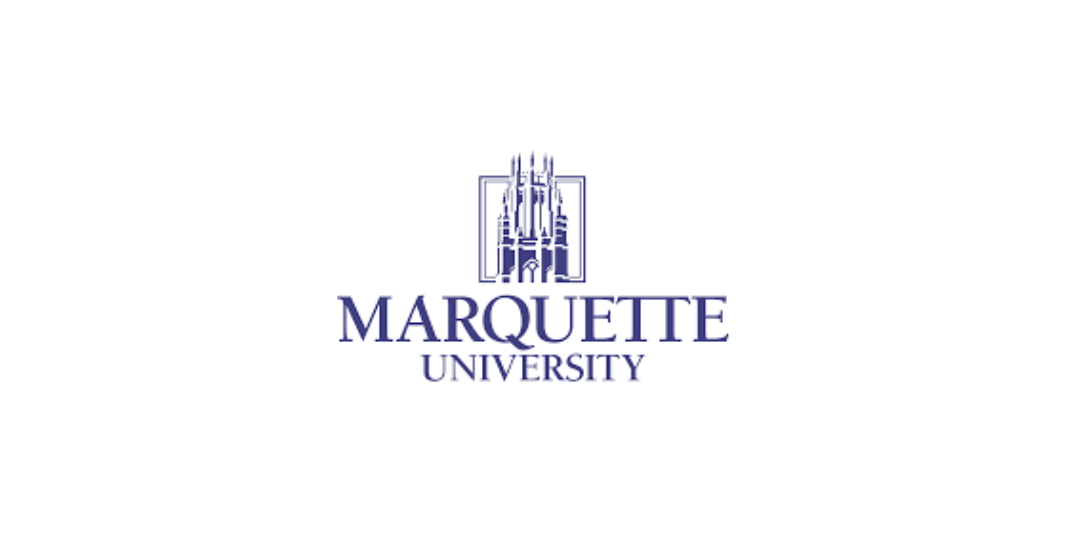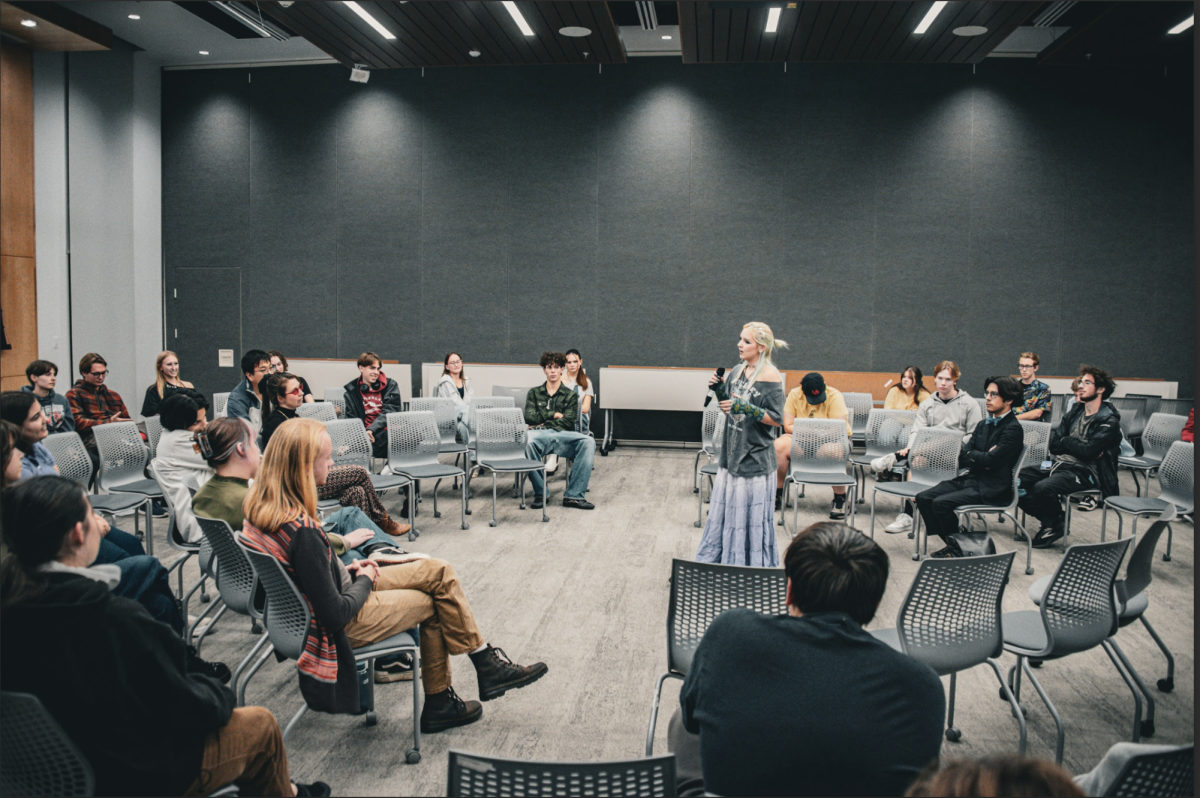In recent years, universities across North America have launched grand challenge initiatives to address large-scale, complex societal problems through research, teaching, and community collaboration. These initiatives bring together diverse disciplines and stakeholders with the goal of producing transformative knowledge and real-world solutions. A 2017 convening hosted by the University of California, Los Angeles (UCLA) is one of the most comprehensive examinations of such efforts, documenting the variety of approaches and the ongoing difficulty of engaging students and communities meaningfully in both selecting and pursuing grand challenge priorities
The University of Denver Grand Challenges (DUGC) initiative illustrates how higher education can advance community-engaged learning while preparing students to become civic leaders. Since its launch—and with significant expansion beginning in 2021—DUGC has worked to embed grand challenge activities within the university’s distinctive 4D Experience. This framework emphasizes intellectual growth, character development, well-being, and career preparation, enabling students to link academic learning with purposeful action. By integrating high-impact practices into courses, research, and co-curricular programs, DUGC equips students to address pressing public problems with creativity and collaboration.
AVDF first supported this work in 2018 by funding a pilot that expanded opportunities for community-engaged learning. Rigorous evaluation of the pilot informed refinements to the program’s design and facilitated new points of integration across curricular and co-curricular offerings. Building on this early success, AVDF awarded the University of Denver a $300,000 grant in 2020 to help scale the initiative and broaden its impact.
At its core, DUGC advances the public good through three interrelated areas of focus: improving daily living, increasing economic opportunity, and strengthening deliberation and civic problem solving. Faculty, students, and community members collaborate at each stage of the process, from defining priority issues to implementing sustainable solutions. This collaborative structure not only deepens student learning outcomes but also enhances faculty expertise in community-engaged research and ensures that projects remain responsive to the evolving needs of local communities.
Evidence of impact underscores the significance of this work. Through its first phase, DUGC far exceeded initial targets: more than 6,300 students across 324 courses engaged in community-connected projects; 248 students from 48 disciplines participated as faculty-mentored scholars; and over 150 faculty took part in professional development workshops.
While the COVID-19 pandemic disrupted some in-person activities, the program adapted by creating an online platform for community conversations and hosting eight public forums. These forums engaged nearly 500 participants and revealed the transformative potential of higher education when students, faculty, and community members engage collaboratively to confront society’s most pressing challenges.
Community partners reported measurable benefits, with one collaborator, Evon Lopez, noting that DU students and faculty “connected on a human-to-human basis” and demonstrated a genuine commitment to collaborative problem solving. Lopez later credited her involvement with DUGC as inspiration to complete her own undergraduate degree.
The initiative has also generated national attention, as demonstrated by media coverage of projects such as the Colorado Safe Parking Initiative, which provides secure parking for people experiencing homelessness, and the Colorado Prison Art Initiative, which highlights the voices and work of incarcerated artists. These stories illustrate how the university’s grand challenge model fosters innovation while addressing local and systemic issues.
To build on these achievements, AVDF approved a $350,000 grant in 2023 enabling DU to expand DUGC’s reach and strengthen its impact. This next phase introduces Near Peer Mentors—graduate students trained to guide undergraduate teams in community-engaged projects—thus increasing faculty capacity and expanding opportunities for undergraduates. Over three years, DU plans to train 105 graduate mentors who will support more than 500 undergraduate students. The expansion also funds stipends for faculty leading signature projects and launches a new, for-credit course on community engagement that embeds undergraduates in collaborative design and problem solving with community partners.
Taken together, these innovations demonstrate how universities can embed community-engaged learning within their academic core while also offering a replicable model for peers across the country. As Nate Schult, Senior Program Officer at AVDF, explains:
“The University of Denver’s Grand Challenges initiative exemplifies the kind of community-centered, interdisciplinary learning that higher education can achieve. By bringing together students, faculty, and community partners to tackle real-world challenges, DU is preparing the next generation of leaders while delivering meaningful benefits to the community and building public trust. It represents a model that is both impactful and deeply relevant to society’s pressing challenges.”
DUGC’s trajectory illustrates the promise of university-led grand challenges to not only foster student growth and faculty development but also to create meaningful, sustained partnerships with communities. As other institutions seek to strengthen their civic commitments, DU offers an evidence-based framework for advancing both educational excellence and the public good.
Back to all Stories


